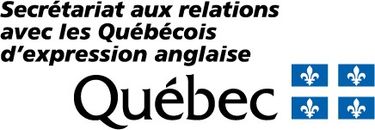Physician-Epidemiologist
Full Clinical Professor, School of Public Health, Université de Montréal
Physician, Department of Preventive and Public Health Medicine, Le Centre hospitalier de l'Université de Montréal (CHUM)
November 2024
How would you describe the job of a physician-epidemiologist to someone who is unfamiliar with the field?
An epidemiologist is someone who tries to understand the determinants and causes of diseases in a population and works to identify strategies for improving health. This can be done through research methods developed in medicine, such as cohort studies or case-control studies.



